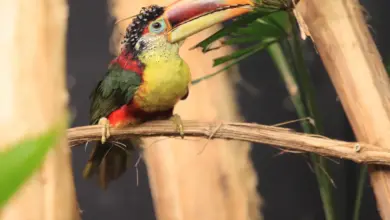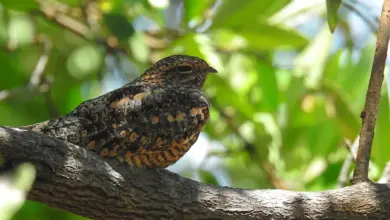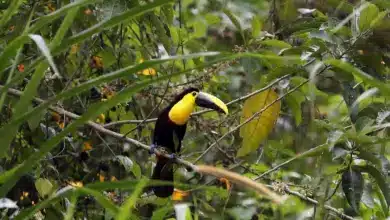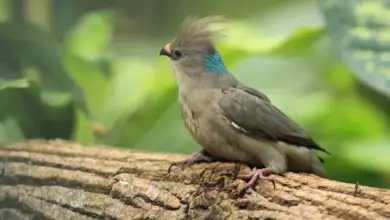Pheasants tend to be hardy birds. They are prone to poultry diseases, such Botulism, Coccidiosis, owl typhoid, erysipelas, fowl cholera, avian tuberculosis, navel ill, crooked toes (young birds), Newcastle disease, eye infections and worms.
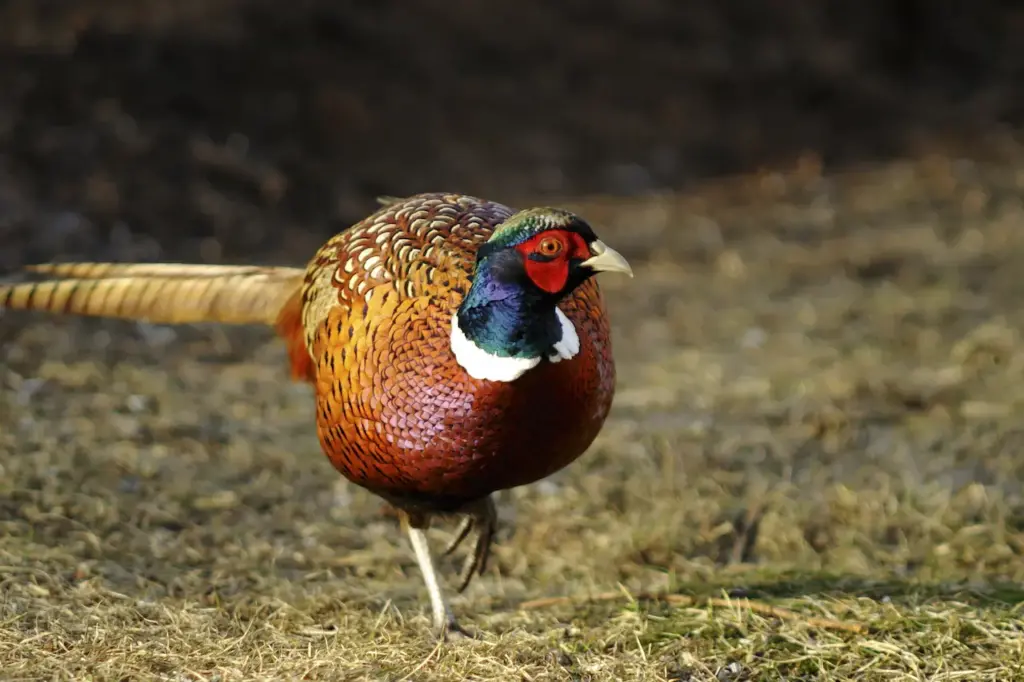
Pheasants tend to be hardy birds. Their lifespan averages 15 years up to 25 years. However, they are prone to poultry diseases, such Botulism, Coccidiosis, owl typhoid, erysipelas, fowl cholera, avian tuberculosis, navel ill, crooked toes (young birds), Newcastle disease, eye infections and worms. Regular treatment for worms is recommended. Parasite Control. Proper vitamin and mineral supplementation will build up their resistance and make them less susceptible to these problems .. Other Diseases
Tip: Hiding medication in their favorite foods is a stress-free, convenient way to administer medicine.
Botulism
Coccidiosis
Coccidiosis is the most common disease of domestic pheasants. It generally causes a bloody tinge to the birds’ droppings, and death results if the disease is not treated promptly. Coccidiosis can be kept in control by any of the sulfa family of drugs. A veterinarian should be contacted to determine the best method of treatment and dosage.
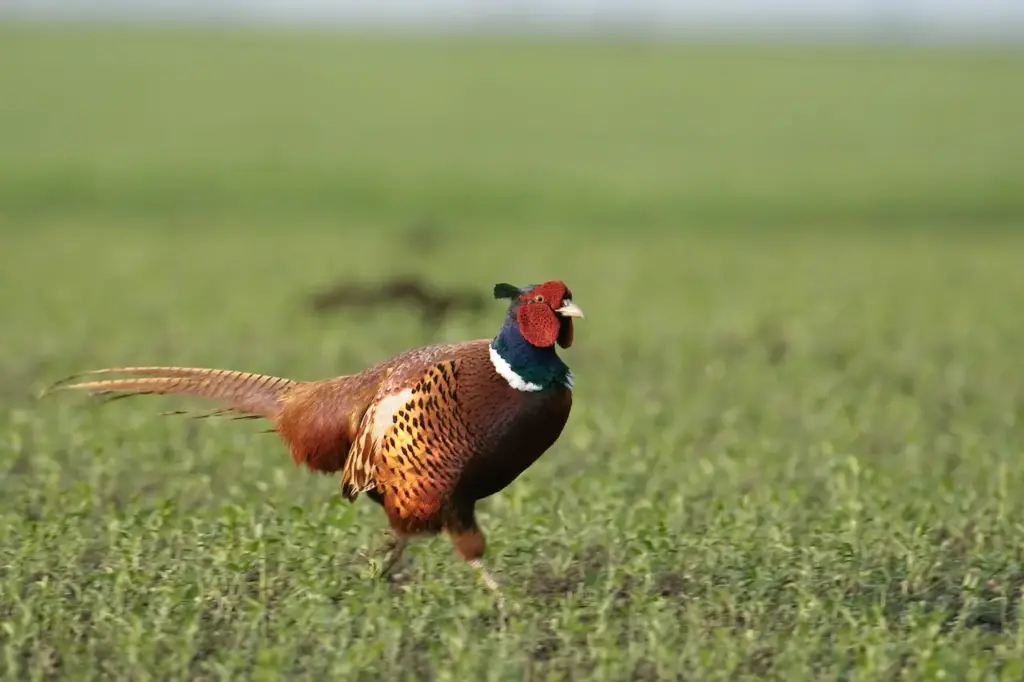
Parasite control
- Dust-bathing
- Dusting with pyrethrum-based louse powder
- Systemic insecticide or growth regulator
- Environmental insecticide
Foot Problems:
- Hereditary: bent toes
- Bacterial: bumble foot
- Parasitic: scaly leg
- Crooked Toes
